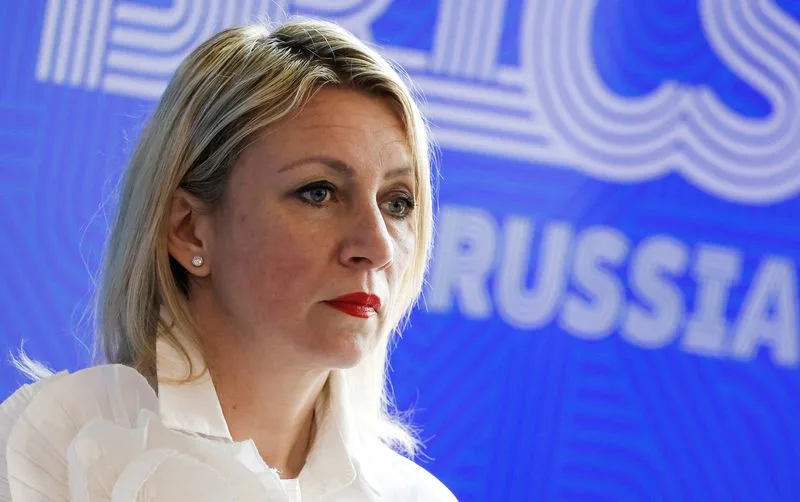In an unprecedented move signaling deepening ties, Russia has stated its readiness to “combine” efforts with China should they face mutual threats, marking a significant shift in global power dynamics. This statement underscores a strategic alignment between the two nations, particularly in the face of increasing geopolitical pressures from the West.
Historically, Russia and China have maintained a complex relationship characterized by cautious cooperation and competition. However, recent global events have pushed the two countries closer, fostering a partnership grounded in mutual benefit and shared objectives. This evolving alliance is particularly noticeable in military collaborations and economic agreements designed to bolster both nations against external economic sanctions and political pressures.
The implications of this potential “combination” are vast, affecting not only regional stability but also global strategic balances. Experts suggest that a unified stance by Russia and China could redefine existing alliances, prompting a reevaluation of diplomatic strategies by multiple global players, including the United States and the European Union.
Critics of this move argue that such an alliance could lead to increased authoritarianism and might stifle efforts towards global democracy. Conversely, proponents believe that this partnership could serve as a counterbalance to perceived Western hegemony, promoting a multipolar world order.
As this partnership continues to develop, the international community remains watchful. How this alliance will impact global trade, security, and diplomatic relations remains a subject of intense debate among policymakers and analysts.
For more insights and detailed analysis, continue reading on Digital Digest.





